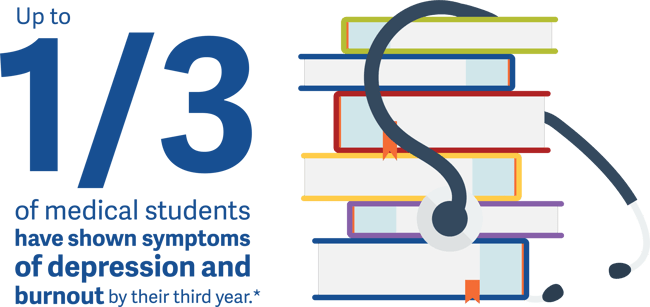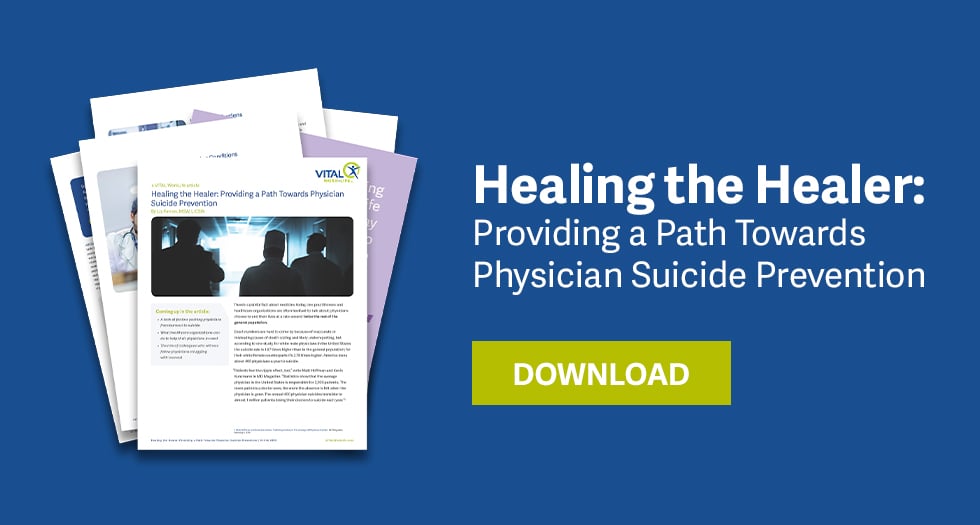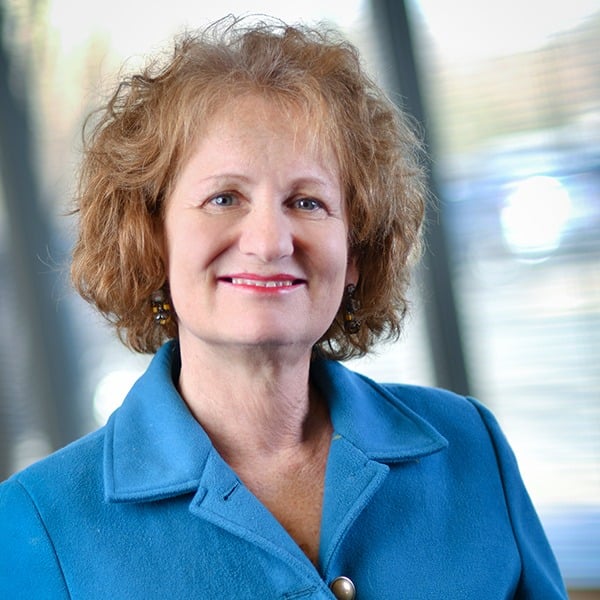
In 2004, a promising young resident at Oregon Health Sciences University (OHSU) in Portland took her own life—and a team of physicians swung into action to do what they could to prevent others from following suit.
“The suicide of an OHSU resident was the ‘sentinel event’ that ultimately impelled OHSU to establish the Resident Wellness Program,” Mary Moffit, PhD, in the Department of Psychiatry, told OHSU News.1 Moffit joined Dr. Donald Girard, MD, OHSU’s Associate Dean for Graduate Medical Education, and Sydney Ey, PhD, and Dr. Mark Kinzie, MD, PhD, of the Department of Psychiatry, to develop and staff the program, which proved so successful that, in 2008, it was opened to faculty members and renamed the Resident and Faculty Wellness Program (RFWP).
Coaching, Counseling and More
“The program is rooted in the theory that staying well is at least as important for residents as learning to help others get well,” according to the OHSU News article. To this end, the RFWP offers:
- Individual coaching and counseling by the program for providers, “to address any personal or professional concerns and needs,” the program’s website says.2 Cognitive behavioral therapy and mindfulness are employed here.
- Psychiatric consultation and medication management by psychiatrists on the provider team.
- Wellness promotion and educational workshops, which discuss physician wellness, burnout, the role of peer support and related topics. (OHSU also has an official Peer Support Program3)
The program also carries on scholarly research into physician wellness issues.
Accessible, Confidential
The architects of the program also understood health professionals are often hesitant to seek professional help for mental and emotional problems. “We looked at the research about why physicians don't seek treatment and found the stigma surrounding mental health treatment was one of their biggest concerns,” Sydney Ey, now the associate director of the program, told ACP Hospitalist. “In addition, residents have limited time to go offsite and get care, so we created a program that's both easy to access and confidential.”4
The program is housed in a modest building which is easy to drop into and doesn’t call attention to its purpose. Consultations do not appear on OHSU’s Epic EMR system, and are held in strict confidence, “with the only exceptions being if the individual is a danger to oneself or others, or impaired,” as the program’s website explains.
The site also notes the program registers more than 100 visits monthly. “Our clinical focus,” the site says, “is on intervening early, supporting distressed physicians and finding the necessary resources to build sustainable medical practices and rewarding personal lives.”
With these goals, the RFWP seems to be making inroads into the traditional reticence of physicians to seek help for these problems. As Dr. Kinzie told OHSU News, “We’ve heard of residents getting together, and one will admit they’ve seen us, and pretty soon the whole group is admitting they’ve seen us.” Taking into account the severity of the consequences, prioritizing the healing process is necessary to combat the stigma around opening up when in a tough space mentally.
Whether your organization has an established program like OHSU or you're just beginning to address physician well being, VITAL WorkLife can help. VITAL WorkLife offers healthcare organizations—no matter what size or where they are in the journey of supporting physician well being—a comprehensive suite of solutions designed specifically to reduce the effects of stress and burnout and improve work/life balance while increasing awareness and implementing measures toward suicide-prevention.
For more on physician suicide and measures which can head it off, see our Article "Healing the Healer: Providing a Path Towards Physician Suicide Prevention."
If you’re thinking about suicide, are worried about a friend or loved one, or would like emotional support, the National Suicide Prevention Lifeline is available 24/7 across the United States. Call 800.273.TALK (8255) or CLICK HERE TO CHAT with a counselor.



